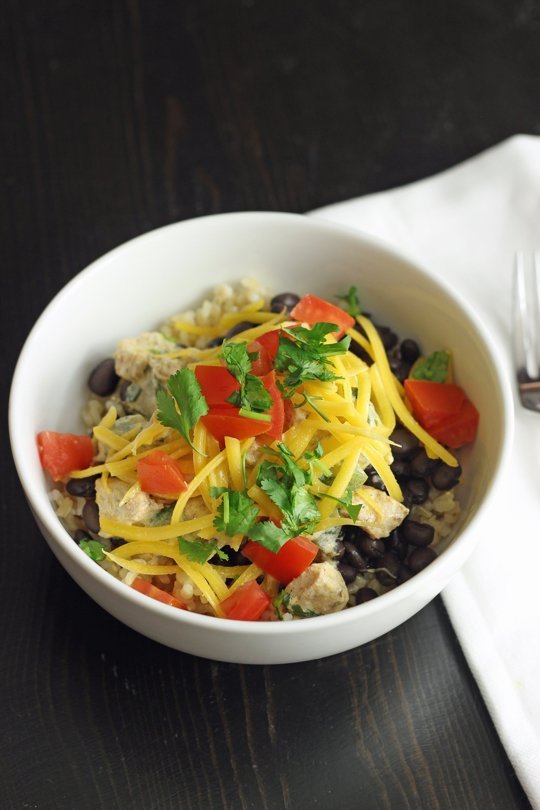
Saving money on food isn’t always about what you do at the grocery store and how much cash you hand over to the clerk. It’s often also determined by what goes into the trash can at home.
Some statistics say that Americans waste up to 25% of the food they buy. If that’s true, then we can reduce our grocery bill by a fourth by not throwing away food.
There are lots of ways to reduce waste at home, such as not overbuying and doing an occasional pantry challenge. However, meal planning plays a huge part in the everyday struggle.
Our battle against wasted food – and money – begins with a savvy meal plan.
Here are some tips to help guide your meal planning in the savvy direction.
1. Use what you have.
In the old days, I planned my meals based on what I wanted to eat. Now in my wiser, more mature days, I’ve learned to use what I have.
Taking an inventory is a great first step in meal planning and avoiding waste. When we build our meal plan on what’s already in the cupboards, we use things up before they spoil.
One way to do this → Rustic Dish: How to Make a Panade from Leftovers
2. Plan meals that build on one another.
As you choose what meals to serve this week, think about those whose leftovers will make great building blocks for future meals. It helps to know the basics of storing food and refrigeration, such as understanding how long one should keep bacon in the fridge, how many times a certain dish can be reheated, how long vegetables retain their nutrients, and so on. There are lots of great ways to use leftovers in creative second (and even third) meals.
For instance, if you roast a whole chicken, you can make stock with the carcass and chop the leftover meat. Those components go well into making fried rice and pot pie.
A large pot roast can become sandwiches and soup on subsequent nights.

3. Plan meals that taste great a second night.
My husband and I have a favorite dish that we fight over. It’s not because we don’t like it. Quite the contrary! We love it so much, we have to make sure that the leftovers are divvied up fair and square.
Planning for leftovers means a night off from cooking, as well as not worrying about having too much to go to waste.
4. Don’t make too much.
If you’re not making meals that make great leftovers, be sure you don’t make too much. You’ll just have to chuck extras that don’t keep.
This can be a tricky skill to learn. My favorite strategy is to make just enough but to plan lots of side dishes that are great leftover. If there isn’t enough of the main dish to provide second helpings, folks can fill up on rolls and salad.
More meals that make good leftovers → Cook Once, Eat Twice: 7 Recipes That Make Great Leftovers
5. Build catch-all meals for little bits.
At the end of the week, you might find yourself with small portions of little bits: chopped and/or steamed vegetables, that half a piece of chicken, that container of rice. The great thing is that there are meals you can plan to use up all those little bits that won’t make a meal all by themselves.
Rice bowls, salad, pizza, and soup all lend themselves to catch all the small portions from the week. I regularly include two of these in my meal plans so I can best use all the randomness that might be left from the week’s cooking. If you’ve stored it properly, leftover cooked food is good for up to four days, so know that it’s totally safe, not to mention wise, to do this.
6. Eat what’s there.
All too often we have a meal prepped at home or leftovers or a fridge full of groceries and something – a spontaneous invitation, the lure of take-out, or a lack of kitchen mojo – gets in the way of eating what’s at home. These culprits make it all too tempting to eat out or go buy more at the store when we’ve got plenty at home to enjoy.
To avoid eating out is hard for me, particularly since I love trying new restaurants and letting someone else do the dishes. But, my wallet tells me it’s totally worth it to eat at home. Not only do we save money by eating homemade, but we also save by not letting the food at home go to waste.
I love meal planning. It’s usually one of my favorite parts of the week. There are always new things to learn. I’d love to hear your tricks for making your meal plan airtight and waste-proof.
